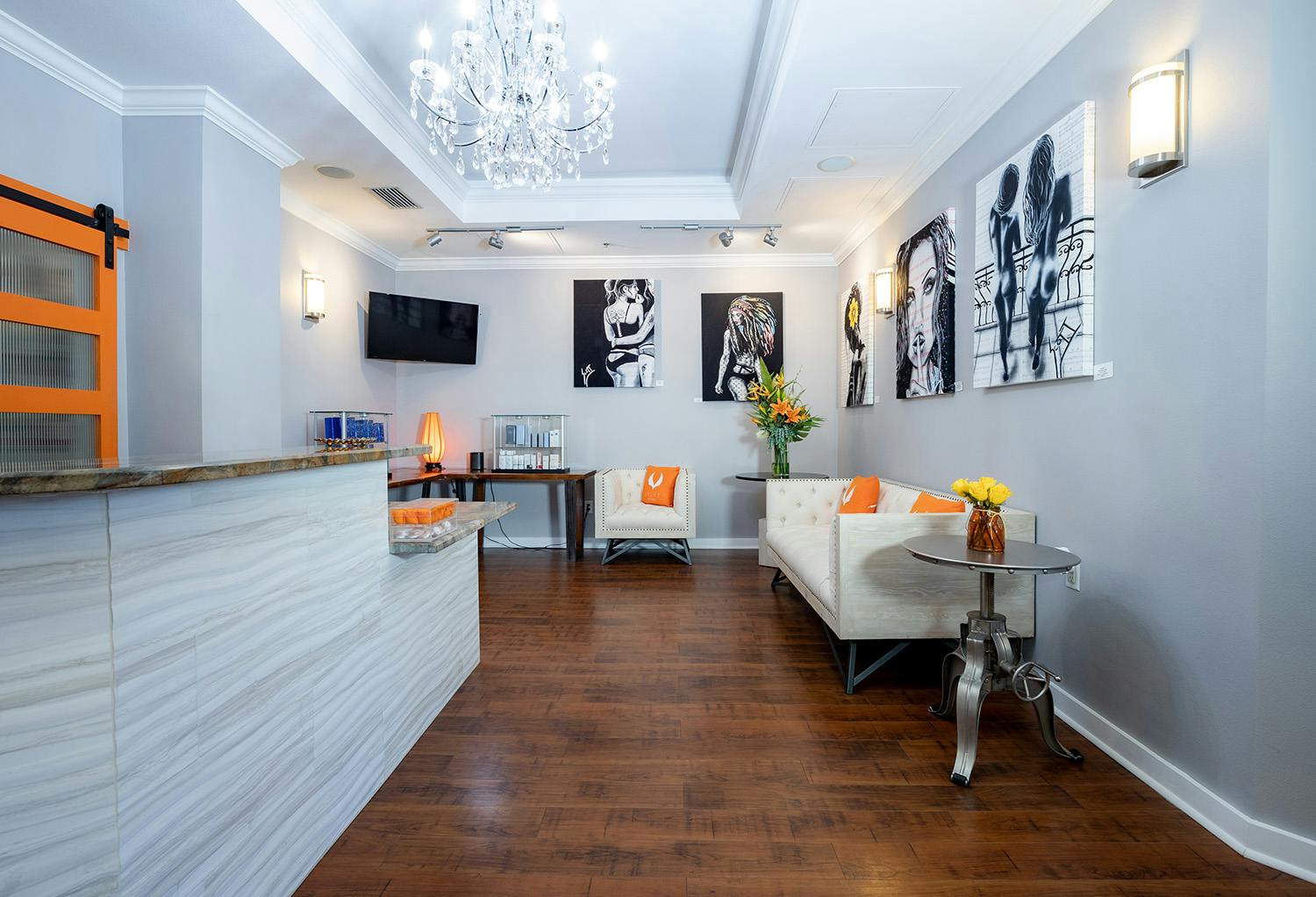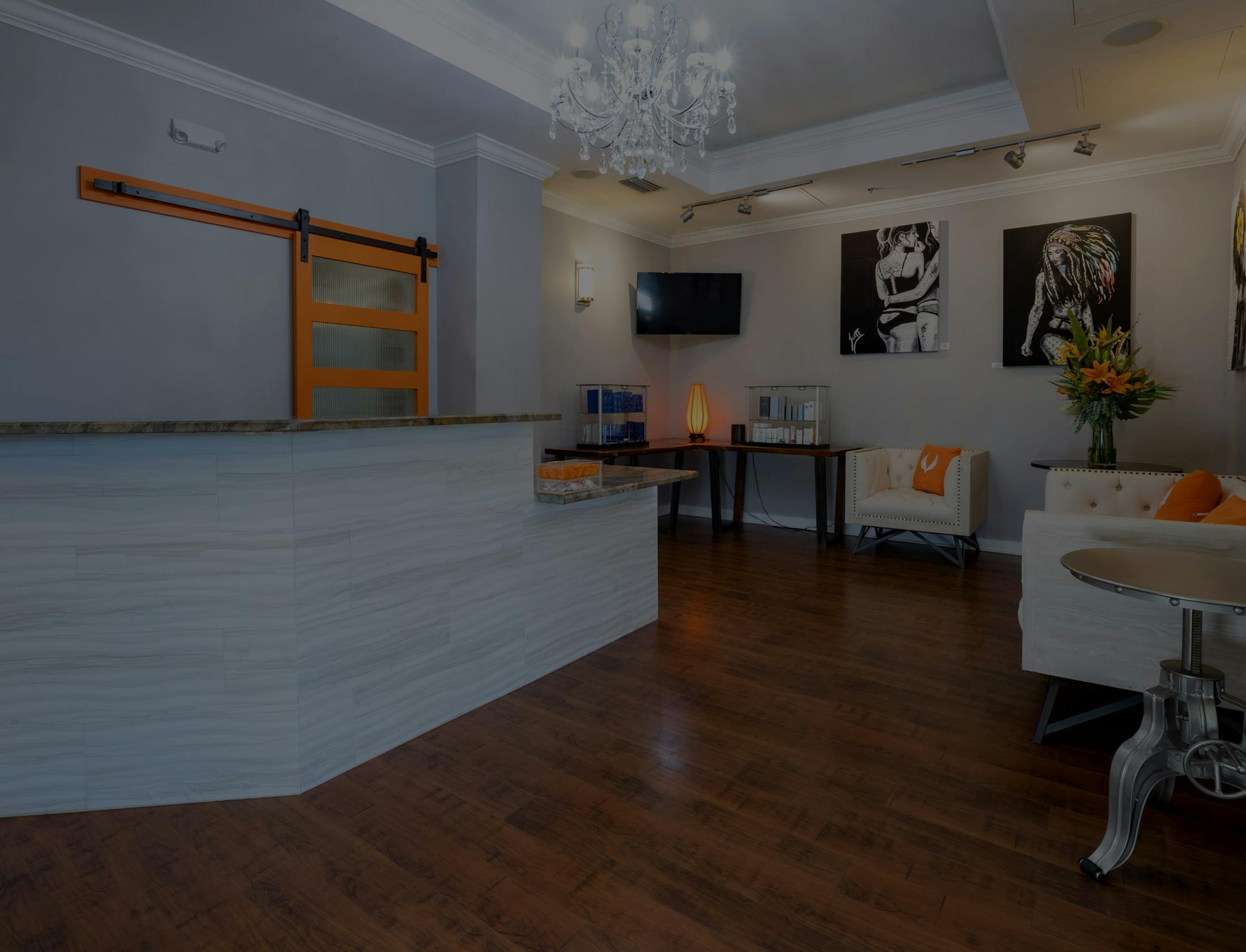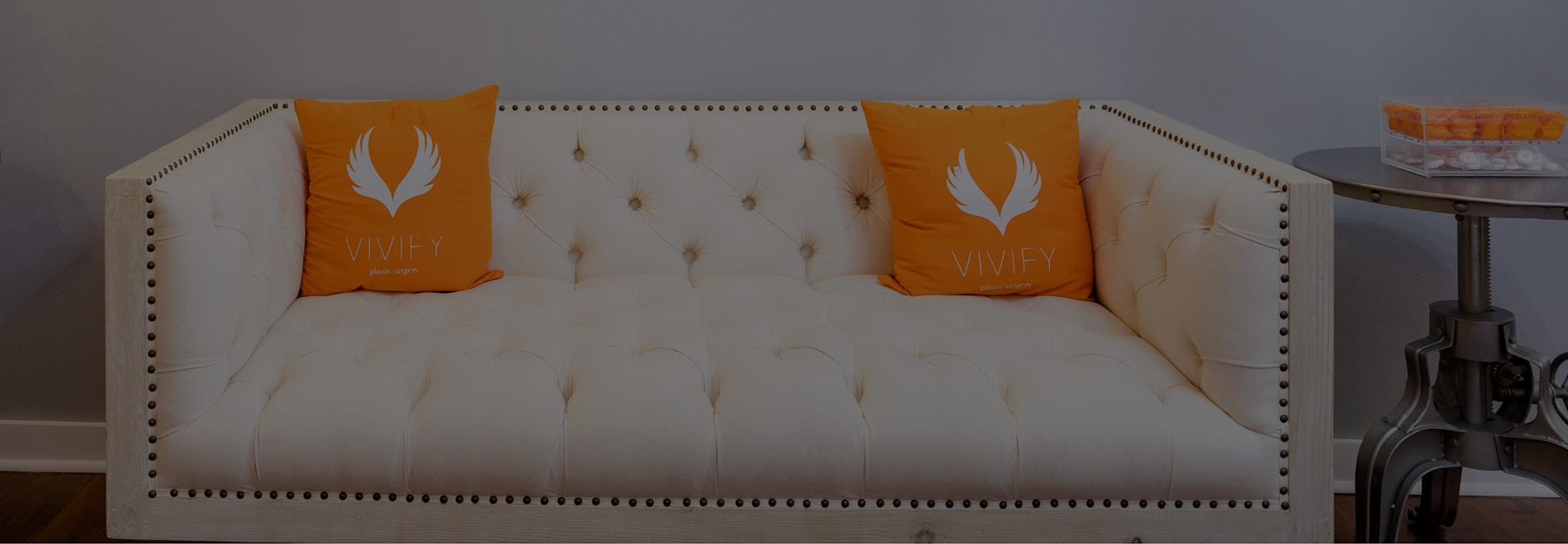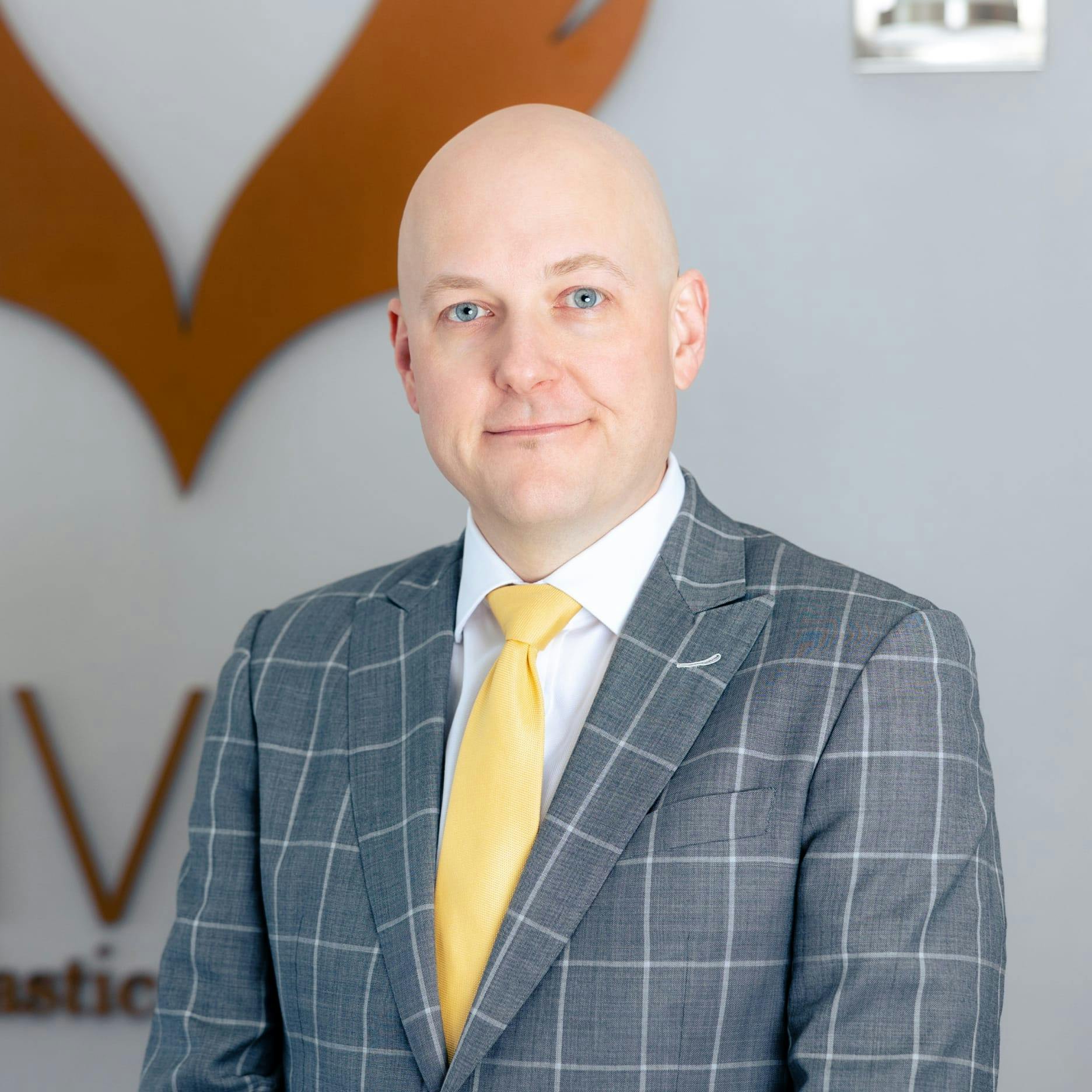TIVA Benefits
- Precise Control: TIVA allows anesthesiologists to fine-tune the levels of anesthetic agents, helping them tailor the depth of anesthesia based on how the patient responds and the details of the surgery.
- Rapid Emergence: Because the body processes intravenous medications quickly, patients usually wake up faster after TIVA than after traditional anesthesia methods.
- Improved Hemodynamic Stability: TIVA is often associated with better blood pressure control and heart rate, which helps reduce the risk of unstable blood flow during surgery.
- Lower Incidence of Nausea and Vomiting: Patients who receive TIVA usually experience less nausea and vomiting after surgery, leading to a more comfortable recovery.
- Reduced Environmental Impact: By avoiding inhaled anesthetic gases, TIVA helps reduce the environmental impact of anesthesia.






